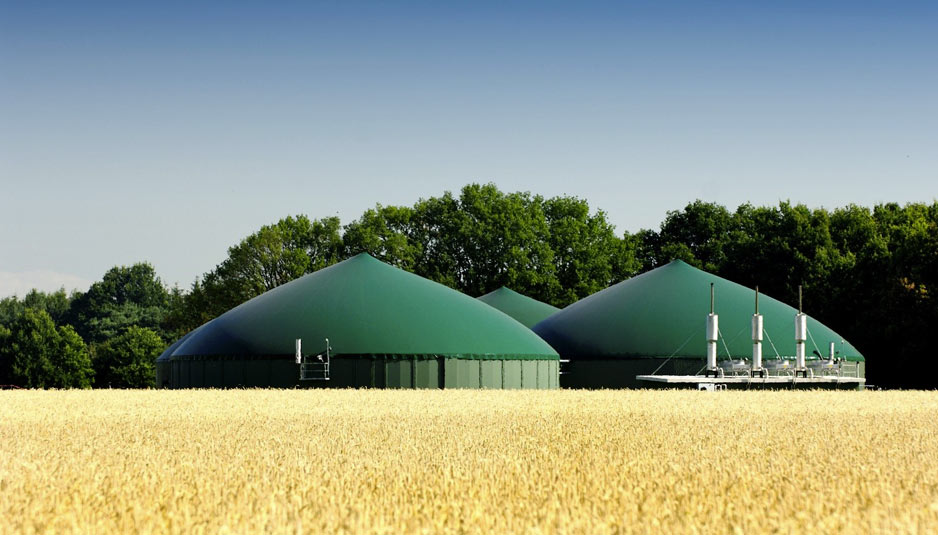Manure Biogas production as CO2 emission reduction tool

cfdeng.com
Carbon dioxide emissions are a global problem because they are the most important cause of the well-known global warming. In order to measure the greenhouse gases danger, in terms of trapped heat in the atmosphere, scientists quantified a parameter: GWP (Global Warming Potential). CO2 is the less risky greenhouse gas – GWP equal to 1 – but it has a high environmental impact because of the quantity released in the atmosphere. CO2 is responsible for the 18% of the greenhouse effect. At the second place on international statistics (7%) there is methane – GWP equal to 30.
One of the most important cause of CH4 emissions are livestock. Animal manure (bovine, pork, poultry, etc.) releases a high amount of methane in the atmosphere. The intensive farming, as primary source of food, is increasing because of the world’s population growth. Therefore, the increase in greenhouse gases emissions correlates to different environmental impacts. Thanks to Kyoto Protocol (1997) and to European targets 20/20/20 the attention – worldwide – has shifted to environmental items directly correlated to the global warming. All the scientists, during past years, have studied and have developed new plans and tools in order to decrease greenhouse gases emissions.
However, as usually happens, the best solution is the more operational too. Many studies are been developed in order to reduce the methane emissions by storing inside the livestock’s manure. In this way, biochemical resulting gases from manure have not released in the atmosphere. Moreover, it is possible utilize again the manure, which is been kept in monitored condition during weeks inside a warehouse, in the form of compost, a biologic and high nutritional fertilizer.
During ’80, engineers and biotechnologists had one intuition: to use the emitted gas from animal manure (biogas) in order to produce thermal (or electrical) energy instead using natural gas (or NG). By this way it is possible to eliminate CH4 emissions due to open-staying manure and, plus, in case biogas reactor would be energetically independent, greenhouse gases emissions would decrease till a “negative value”. CO2 emissions due to thermal production by NG would not exist anymore. In addition, the previous amount of energy (NG) is, now, biogas produced (which means that an amount of manure has not polluted).
In order to clarify numerically what I have written since now, according to one of my own studies, a cow produces about 2800 kg of CO2 per year – which is the same amount of emissions of a middle-powered car driving for 20000 km. In case of manure was processed and the plant was energetically self-sufficient (when produced energy through biogas is completely used for the plant itself) the emissions would drop about ten times reaching the value of 300 kg of CO2 per year and per single cattle unit. The latter value highly depends on the non-reacting carbon dioxide in combustion and on methane combustion products.
Source: Estimations on energy use, CO2 emissions-reduction and added value in a Norwegian farm small-scale biogas plant – Lorenzo Rubino – MSc Thesis
